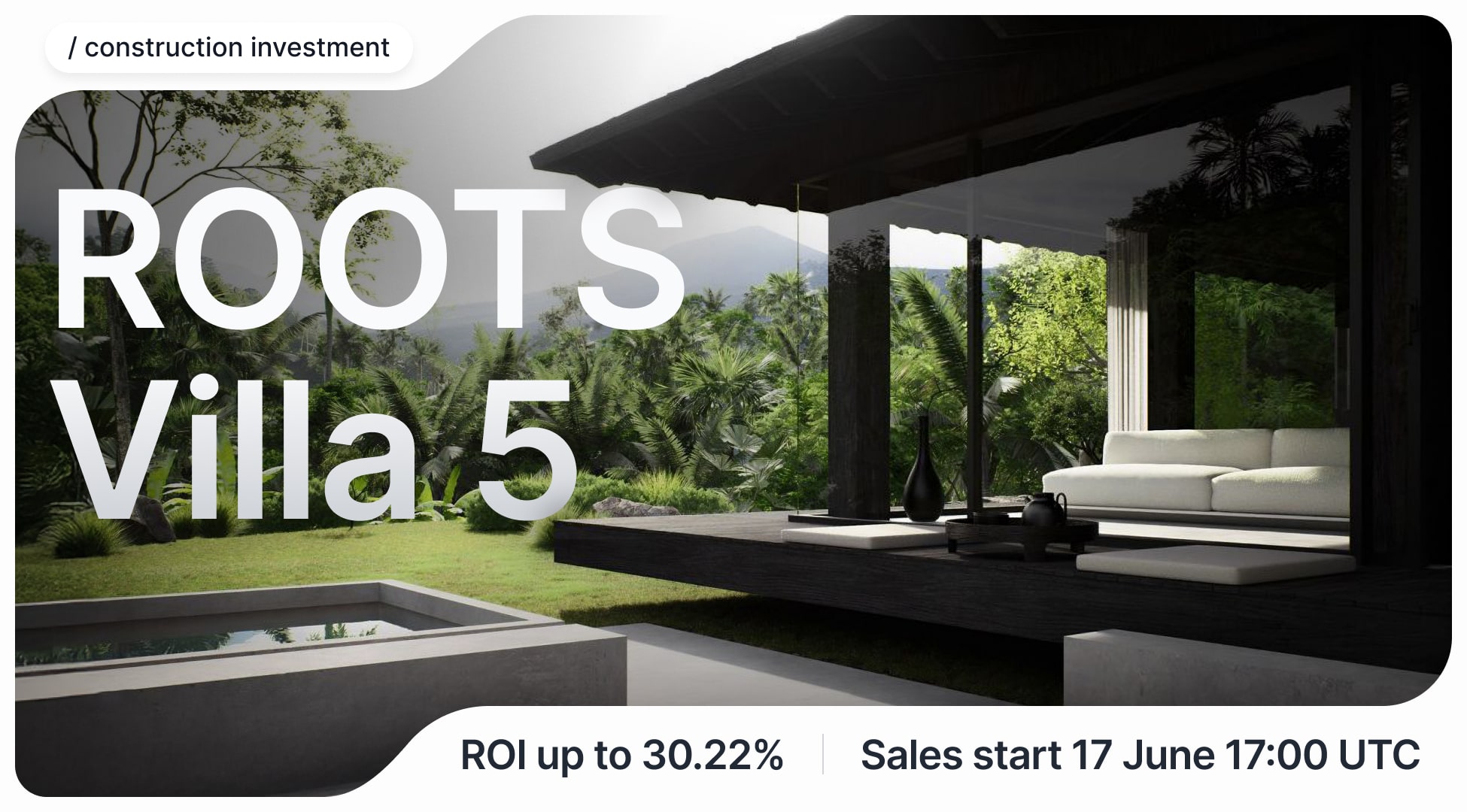Best Real Estate Investment Apps of 2025 (and Their Hidden Flaws)

Somehow, investing in real estate feels like something from the Richie Rich movie, reserved only for the ultra-wealthy.
But what's interesting, over recent years, supercool startups emerged with apps that let people invest in property with very little initial amounts.
For example, Binaryx.
Recognized by EU-Startups as one of the most promising startups, this platform lets people invest in parts of properties starting from $500.
One opportunity is the Tropical Loft villa in Bali. You can own a fraction of this property and earn a share of the rental income or any profits from selling it later.
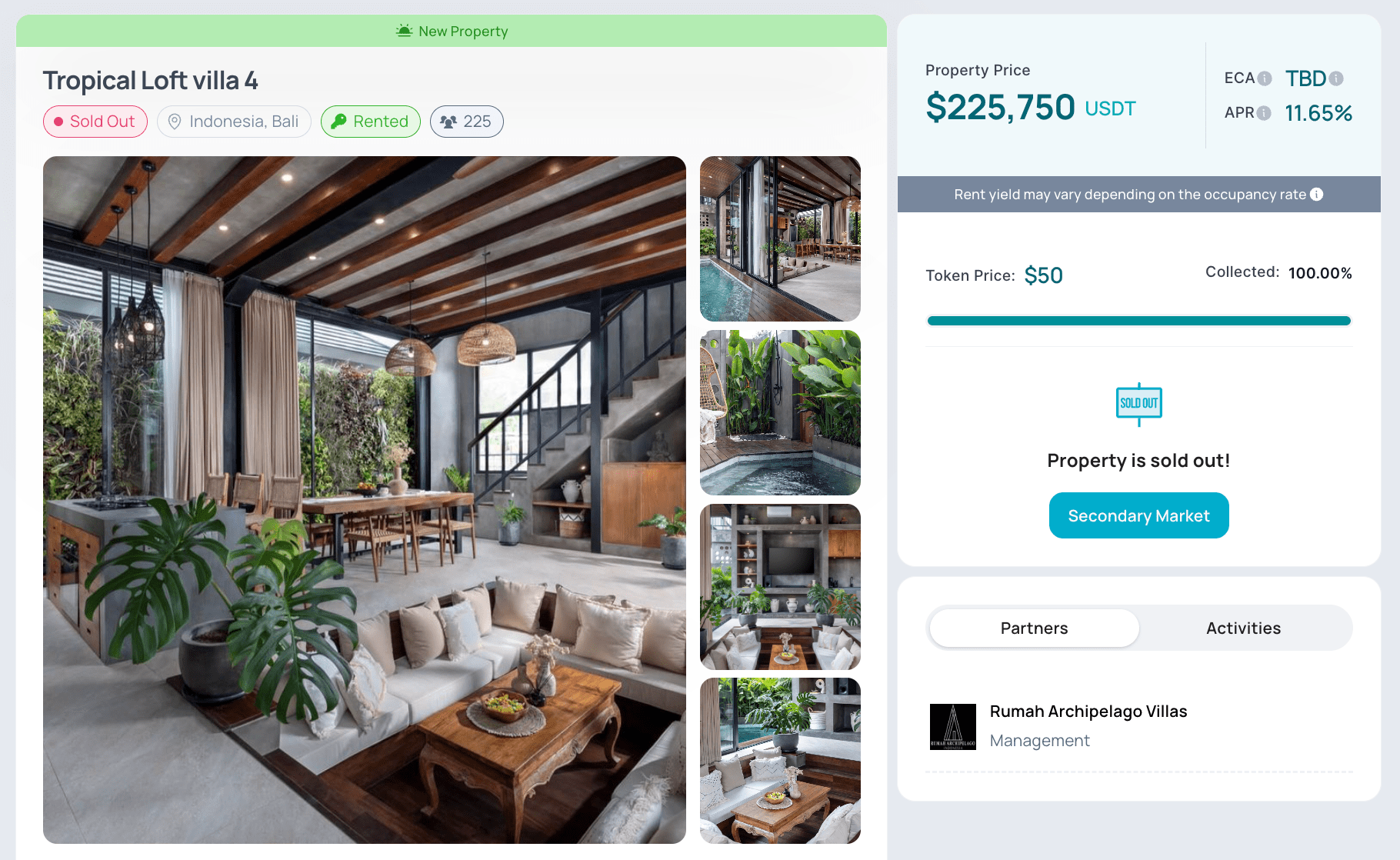
Many new properties are added regularly to this marketplace, so there are always fresh opportunities to explore.
Also, there are many other platforms. But of course, some apps are better than others.
So, let's take a look at some of the best real estate investment apps you can choose from.
Best real estate investment apps under the microscope: Sherlock Holmes-style investigation of green & red flags
If you’re planning to invest in real estate, do your homework first before jumping in. Look over the legal papers for each property, understand how the platform works, and make sure it fits how much risk you’re okay with.
Binaryx Platform: best overall
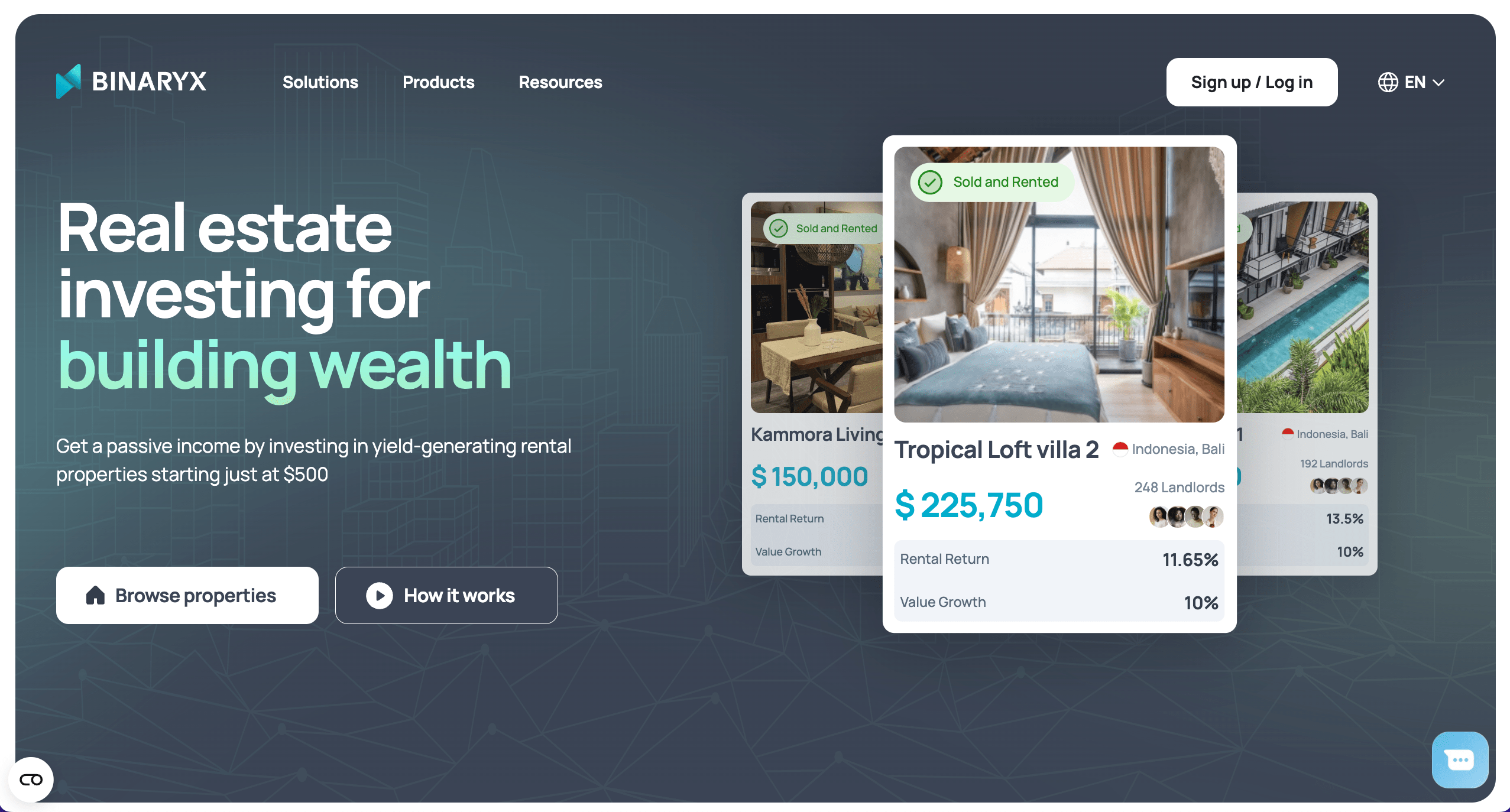
Binaryx uses blockchain technology to transform physical properties into digital tokens and enable investors to acquire fractional ownership in premium real estate. You can get passive income by investing in properties with a minimum of $50.
Binaryx has a community of over 70,000 members across X (Twitter), Discord, YouTube, Telegram, and Medium. It brings together both new and seasoned investors, offering helpful resources and support.
With this platform, you can own property fractions alongside other investors and earn up to 16.3% annual rental return. It lets you own portions of real estate assets without the need for substantial capital or traditional intermediaries. Also, you can sell your fractions on the secondary market with just a few clicks and easily retrieve your investments.
The platform takes care of all the complexities of property management, allowing investors to earn passive income without the usual landlord stress. With a team of experienced professionals managing the properties, investors can trust that their assets are well looked after.
But how does property investment via blockchain work legally?
When a property is listed on the Binaryx marketplace, its ownership rights are transformed into digital tokens on the blockchain. According to U.S. law, investors who buy these tokens become co-owners of the property. With Binaryx, investors from around the world can participate, not just those based in the U.S.
Offering investment strategies in rental properties and construction (off-plan), Binaryx lists real estate in high-demand areas like Bali, Montenegro, and Turkey. Detailed information about all properties can be found on the marketplace.
Fundrise: best for finding long-term investment opportunities

Fundrise is a real estate investment platform that offers everyday investors access to professionally managed portfolios of private real estate.
With a low minimum investment of just $10, Fundrise provides exposure to commercial and residential real estate across the U.S. through REITs and eFunds, all accessible via a user-friendly app.
Fundrise is one of the 50 largest real estate private equity investors globally. Its portfolio includes more than 20,000 residential units and eCommerce-focused industrial properties.
But keep in mind, if you sell your shares before holding them for five years, you might face a penalty and get back less than you originally invested.
Groundfloor: best for investing in short-term real estate loans

Groundfloor allows you to invest in short-term, high-yield real estate loans starting with just $100. It offers debt investments to accredited, non-accredited, and international investors.
It automatically puts your money into multiple short-term real estate loans, so you don’t have to do anything but watch your returns, which have historically been around 10%.
You can build a real estate portfolio with different property types, locations, and risk levels, and start earning cash flow in as little as nine months. Groundfloor has already facilitated over 2 million real estate investments.
The biggest risk is if the borrower can't pay it back. In that case, the lender has to sell the property to try and get the money back, something that can happen, especially with projects like house flipping and renovations.
Yieldstreet: best for accredited investors

Yieldstreet is an investment platform that lets people put money into various asset types. including real estate, art, crypto, legal, multi-asset class fund, private credit, private equity, short-term notes, transportation, and venture capital.
As of 2025, Yieldstreet has facilitated over 640 investment offerings, with more than $6 billion invested through the platform and over $3.3 billion returned to investors.
Yieldstreet offers a user-friendly platform with educational resources and portfolio management tools. From past performance to background on partners, the platform provides all the information needed to make an informed decision.
But just so you know, most investments are difficult to sell quickly, and non-accredited investors can only invest in Yieldstreet's Alternative Income Fund.
DiversyFund: best for passive income from multifamily homes

DiversyFund is a real estate investment platform that allows you to invest in multifamily properties with a minimum of $500. It's designed for both accredited and non-accredited investors.
This platform allows you to spread your risk across different properties and offers clear reporting.
To start, you need to disclose whether you’re an accredited investor or not. After that, you can look through the available investment options.
But the big problem with this platform is that numerous investors have reported difficulties in obtaining updates about their investments.
Among other complaints are unresponsive customer service, the absence of timely tax documents, and minimal updates on investment performance. Some investors have even been blocked on social media when seeking information.
LoopNet Real Estate: best for finding commercial properties

LoopNet is an online marketplace for inventors seeking commercial real estate opportunities. It has more than 300,000 listings, 13 million visitors each month, and has helped make deals worth over $109 billion.
You can explore detailed information about properties, including prices, high-definition photos, property and neighborhood videos, financials, space availability, satellite images, and street views. You can save searches, set up alerts, and contact brokers directly through the app.
According to platform data, a $1 investment in LoopNet has returned on average $169.21.
But the problem is that many users have had unexpected charges and difficulty canceling subscriptions. For instance, some have been charged for listings that were never published or were paused during renovations, with customer support being unhelpful or unresponsive. A review on G2 describes a situation where a user was charged $600 without receiving any leads or support, so they reported it as fraud to their bank.
DealCheck: best for checking if a deal makes sense

DealCheck helps to evaluate real estate investment opportunities, estimate profits, and find the best deals. It allows you to quickly assess various investment properties, including rentals, flips, and multi-family units.
The app provides detailed financial projections, such as cash flow, ROI, and cap rates. It is trusted by over 350,000 real estate investors.
Ark7: best for buying shares in rental homes

Ark7 helps to buy shares in fully managed rental properties starting with $20.00/share. Investors can receive monthly payouts and benefit from long-term appreciation without dealing with tenants or maintenance.
While there are some limitations, such as a one-year holding period and certain properties being exclusive to accredited investors, Ark7 provides a straightforward entry point into real estate investing.
Ark7 buys carefully selected properties and gets SEC Reg A+ approval so it can offer fractional shares to all investors.
As of 2025, over 200,000 people are active investors, more than $21 million in property value has been funded, and over $3 million has been paid out in cash distributions.
A significant issue with the platform is liquidity. Investors must hold shares for at least one year before selling on the secondary market. Even then, selling is not guaranteed, and some people have had difficulties exiting their investments.
Stessa: best for property owners tracking investment performance

Stessa is a property management and accounting platform for landlords and real estate investors. It helps to track income & expenses, draft leases, screen tenants, and collect rent online.
This platform provides tax-ready financial reports and informative dashboards. It simplifies real estate portfolio management, whether you own one unit or twenty.
DealMachine: best for finding off-market homes

DealMachine helps investors find off-market deals before anyone else does. It specializes in "driving for dollars" by helping users identify distressed properties, instantly look up owner info, and send direct mail from the field.
This app offers tools like driving for dollars, list building, and AI-powered lead generation. It's a go-to tool for finding off-market deals and growing a deal pipeline.
With a 4.8/5 rating from over 5,000 App Store reviews, it has helped users close over 10,000 deals across all 50 US states.
But one concern is sudden charges. Some people have reported unexpected fees, particularly during or after free trial periods. Also, some users have experienced automatic deposits into their marketing accounts without explicit authorization. A BiggerPockets forum member noted a $50 deposit during the trial, which was non-refundable unless they subscribed to a monthly plan.
Property Fixer real estate investment calculator: best for flipping houses

Property Fixer is a property analysis tool for real estate investors who are flipping properties.
You can input the details and get a full property analysis in about five minutes. It lets you adjust the holding period from zero to twelve months to see how that changes your profit. When you're done, you can send a PDF report to your clients, lenders, or partners.
Investors use Property Fixer to analyze a flip before they buy the property. Real estate agents and lenders use it to create a flip analysis for their clients.
Roofstock: best for investing in single-family rental homes

Roofstock lets you invest in single-family rental homes across the US. Its real estate investing as a service model allows you to acquire, manage, and sell rental properties at scale.
You can browse listings, view detailed financials, and connect with property managers. Each listing includes financial details, tenant information, and inspection reports.
But despite Roofstock's certified properties, some investors had issues post-purchase. For instance, one investor faced approximately $5,000 in unexpected repairs due to problems missed during inspection, such as a mailbox in disrepair. Another investor discovered a serious permitting issue not mentioned in the inspection report, leading to a loss of over $30,000.
Arrived: best for fractional ownership of rental homes

Arrived is a beginner-friendly way to start investing in real estate without owning a whole house yourself. You can either buy small shares in rental homes or help fund real estate projects and earn interest back, kind of like choosing between being a mini-owner or a mini-lender.
This platform buys regular houses, rents them out to people for a year or two, and when the time is right, they sell the house for a profit. You earn money from the rent and from any increase in the property’s value. You can pick just one house or go with a mix in a fund.
They also turn homes in tourist hot spots into fancy Airbnb-style places. As people book these homes for short getaways, you earn money from their stays.
If you’re more into lending than owning, you can put money into loans that help fix up or build houses and earn interest.
The platform is open to U.S. citizens and residents over 18. So far, over 770,000 people have signed up, and Arrived has paid out over $14 million in dividends and interest.
Keep in mind, some properties on this platform have underperformed, leading to lower-than-expected dividends and appreciation. While Arrived has committed to covering shortfalls in certain cases, this is not always feasible.
RealtyMogul: best for accredited and non-accredited investors

RealtyMogul is an online marketplace that connects investors with real estate opportunities. It offers two main types of investments: REITs (Real Estate Investment Trusts) and private placements.
REITs are accessible to both accredited and non-accredited investors, with a minimum investment of $5,000. Private placements typically require a higher minimum investment and are available to accredited investors.
The platform provides detailed information on each investment, including projected returns and investment timelines, allowing investors to make informed decisions.
Since it started, RealtyMogul has offered properties worth over $8 billion. More than 300,000 people have already signed up, and over $1.2 billion has been invested through the app.
But one of the biggest problems with RealtyMogul is that you can’t easily get your money out. When you invest, your money is tied up for several years. For example, one investor initiated a liquidation request, but the process was slow, with only a small portion of the investment being liquidated each quarter.
Crowd Street: best for accredited investors seeking commercial real estate

Crowd Street is an online marketplace that connects accredited investors with commercial real estate investment opportunities across the U.S. It works with over 300 real estate operators to find the best investment opportunities.
Each opportunity undergoes a thorough vetting process. Before anything shows up on the platform, Crowd Street’s team looks at lots of potential deals and carefully checks each one and the people behind them.
The platform offers a variety of investment options, including individual deals, diversified funds, and tailored portfolios. Investors can choose projects based on their risk tolerance, desired returns, and investment horizon.
That said, a major red flag emerged around Crowd Street in 2023 when it featured investment opportunities from Nightingale Properties, led by CEO Elie Schwartz, who was later sentenced to over seven years in prison for orchestrating a $63 million fraud involving more than 800 investors. The funds were misused for personal expenses, and only 13% of the investor capital has been recovered. As a result, investors have filed legal actions against Crowd Street, alleging negligence in sponsor vetting and breach of fiduciary duty.
Public: best for stock-style real estate investing

Public is an investing app that wants to help everyone grow their money. They began by making fractional investing popular, so you can buy pieces of expensive stocks instead of the whole thing. Now, Public lets you build a mix of investments like stocks, bonds, treasuries, ETFs, crypto, and more.
Along the way, you get helpful tools, data, and AI tips to guide you. The platform's focus on community and education makes investing less intimidating.
But one big issue with Public is that it’s not fully clear about the risks of its bond investments. It says the bonds are "average" grade, but some are actually low-rated (junk bonds). This means that unless you check each bond yourself, you could end up investing in something riskier than you expected.
How to choose a real estate investing app
Just think about what matters most to you as an investor.
Probably you want something that’s easy to use, fits your budget, and helps you make good decisions without confusing you. Here are some key things to check:
When you pick an app that checks most or all of these boxes, you’ll be in a good spot to start investing. Take your time, explore a few apps, and see which one feels right for you.
Start investing in real estate with $500
You don’t need a big budget to start in real estate.
With Binaryx, you can buy small shares of properties with as little as $500.
To get started, you can make an account and check out handpicked properties. There will be details like location, rental income, and expected returns. When you find something you like, you can invest in just a piece of it.
For example, one opportunity is an apartment in Hayat Green Tower in Alanya.

New properties are added all the time, so there’s always something fresh to check out.
Whether you want homes, commercial spaces, or mixed-use buildings, real estate can be a solid way to build your wealth. Especially when you have a good platform backing you.
If you're thinking about investing in real estate but have some concerns, you can always connect with the Binaryx team via hello@binaryx.com to ask any questions.
FAQs
What's the best app for real estate investors today?
The best app for real estate investors today is Binaryx. It stands out among many real estate investing platforms because it offers a low minimum investment starting at just $500. This makes it ideal for both beginner real estate investors and more experienced real estate investors. Binaryx provides access to residential and commercial properties through a user-friendly marketplace. The platform supports passive investing, meaning you don’t have to manage the properties yourself. Binaryx is gaining popularity as one of the best real estate investing options for anyone wanting exposure to alternative asset classes. Overall, it combines simplicity with smart tools for anyone starting their real estate investing journey.
What is the best real estate investment for a beginner?
For beginner real estate investors, the best options include platforms like Binaryx, Fundrise and Groundfloor. These platforms let you invest small amounts, with a low minimum investment, making it easier to get started. These platforms reduce the usual barriers of traditional real estate investing, which requires large upfront capital and experience. Using real estate platforms also exposes new investors to different investment strategies without needing to pick and manage individual properties. Some apps offer educational tools and advice similar to a financial advisor or investment advisor. This way, beginners can learn while investing and gradually grow their investment portfolio.
What is the 2% rule in real estate?
The 2% rule in real estate is a quick way investors check if a rental property will generate enough income. It means the monthly rent should be at least 2% of the property's purchase price to make the investment worthwhile. For example, if a property costs $100,000, the rent should be around $2,000 per month. This rule helps real estate investors quickly screen real estate properties for profitability. It doesn’t guarantee success but is a useful starting point when analyzing real estate investment strategies. The 2% rule is more relevant in some markets than others due to differences in the real estate market. Investors often combine it with other metrics to decide if a property fits their goals. This simple rule helps keep expectations realistic in direct real estate investments.
Is $5000 enough to invest in real estate?
Yes, $5000 is enough to invest in real estate, especially using modern real estate investing apps and real estate crowdfunding platforms. Many apps now have a low minimum investment threshold, allowing both non accredited investors and accredited investors to participate. With $5000, you can buy shares in commercial real estate investing projects or residential and commercial properties without buying an entire property. This amount gives you a good start for building a diverse investment portfolio without needing a lot of capital upfront. Some alternative investments in real estate let you join deals you wouldn’t otherwise access. However, always remember to consider fees and risks when using most real estate platforms.
Are real estate investing apps safe?
Yes, real estate investing apps are generally safe, especially well-known real estate platforms like Binaryx that follow strict regulations. These platforms use strong security measures to protect your money and personal information. Many also provide transparency about management fees and investment risks. However, it’s important to choose apps with a good track record and proper legal backing like legal finance compliance. Trusted platforms often work with licensed real estate professionals and provide detailed info on real estate projects. While no investment is risk-free, these apps reduce the hassle and risks tied to traditional direct real estate investments. Reading reviews and understanding each app’s policies helps real estate investors stay safe. Beginners can explore investment types like vacation rental properties, residential and commercial properties, and private credit, direct investments. So yes, with the right app, your money and data are secure.
What are the risks of investing in real estate through apps?
Investing in real estate through apps comes with risks like market fluctuations and liquidity issues. The real estate market can change unexpectedly, affecting the value of your investments in real estate crowdfunding or direct real estate investments. Since many investments are passive investing, you don’t control property management or tenant issues. Some apps charge management fees that can reduce your returns. There’s also the risk that certain real estate deals might underperform or projects get delayed. Additionally, not all apps offer the same level of transparency or support from real estate professionals. It’s important to understand these risks and diversify your investment portfolio to reduce potential losses. Despite risks, these platforms still open up access to alternative asset classes for many real estate investors.
Do I need to be an accredited investor to use real estate investing apps?
Not always. Some real estate investing apps allow non accredited investors to join with low minimum investment amounts, while others are limited to accredited investors. Accredited status usually means having a certain income or net worth, which opens up more investment opportunities. However, many real estate crowdfunding platforms and crowdfunded real estate platforms are designed to include everyone, not just accredited investors. This shift helps more people start their real estate investing journey without big barriers. If you’re not accredited, you might have fewer options but still access to residential and commercial properties. Always check each app’s requirements before signing up. Platforms like Binaryx make it easy for beginner real estate investors to get started regardless of accreditation.
How can I find good real estate deals?
Finding good real estate deals involves research and using the right real estate platforms. Apps with curated listings and detailed info on individual properties help you spot opportunities. Networking with real estate professionals and joining real estate crowdfunding groups can reveal hidden deals. Watching the real estate market trends and comparing rental income to prices helps evaluate if a deal is worthwhile. Some apps even use AI to suggest promising real estate projects. Diversifying across different investment strategies also spreads risk. Using trusted real estate investing apps saves time and gives access to deals you might miss on your own. Keep learning and ask for advice from a financial advisor or investment advisor if you’re unsure.
What is the most profitable real estate investment?
The most profitable real estate investment depends on your goals, but many experts say commercial real estate investing offers high returns. Commercial properties often generate more stable income compared to residential units. However, direct real estate investments in vacation rental properties or mixed-use buildings can also be very profitable. Using real estate crowdfunding platforms lets you access these alternative investments without buying entire buildings. Profits depend on the local real estate market, property management, and timing. Some investors find success combining rental income with tax advantages and property appreciation. Long-term success usually comes from smart real estate investment strategies and a diverse investment portfolio. So, profitability varies, but commercial real estate and crowdfunding deals are popular picks for many real estate investors.



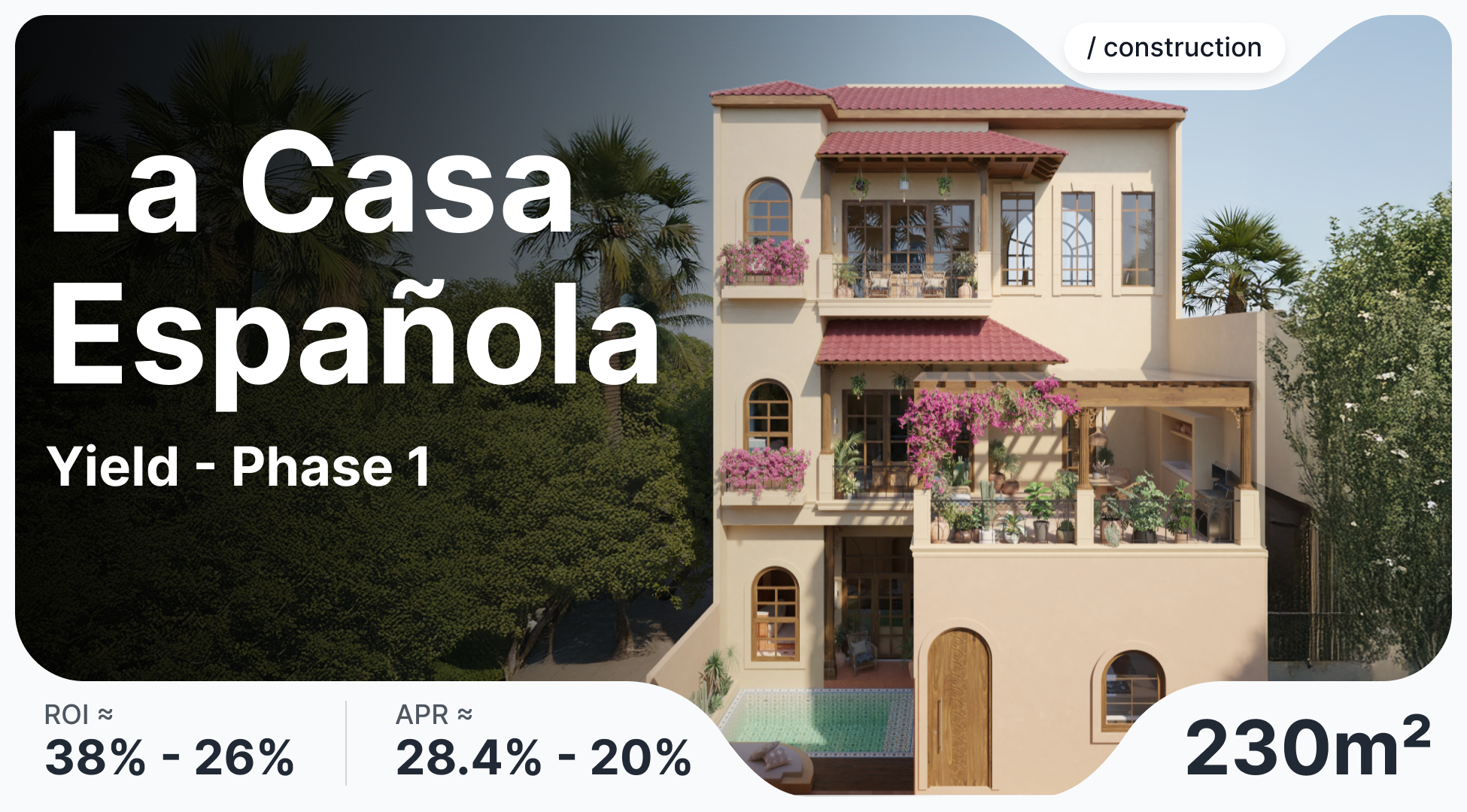
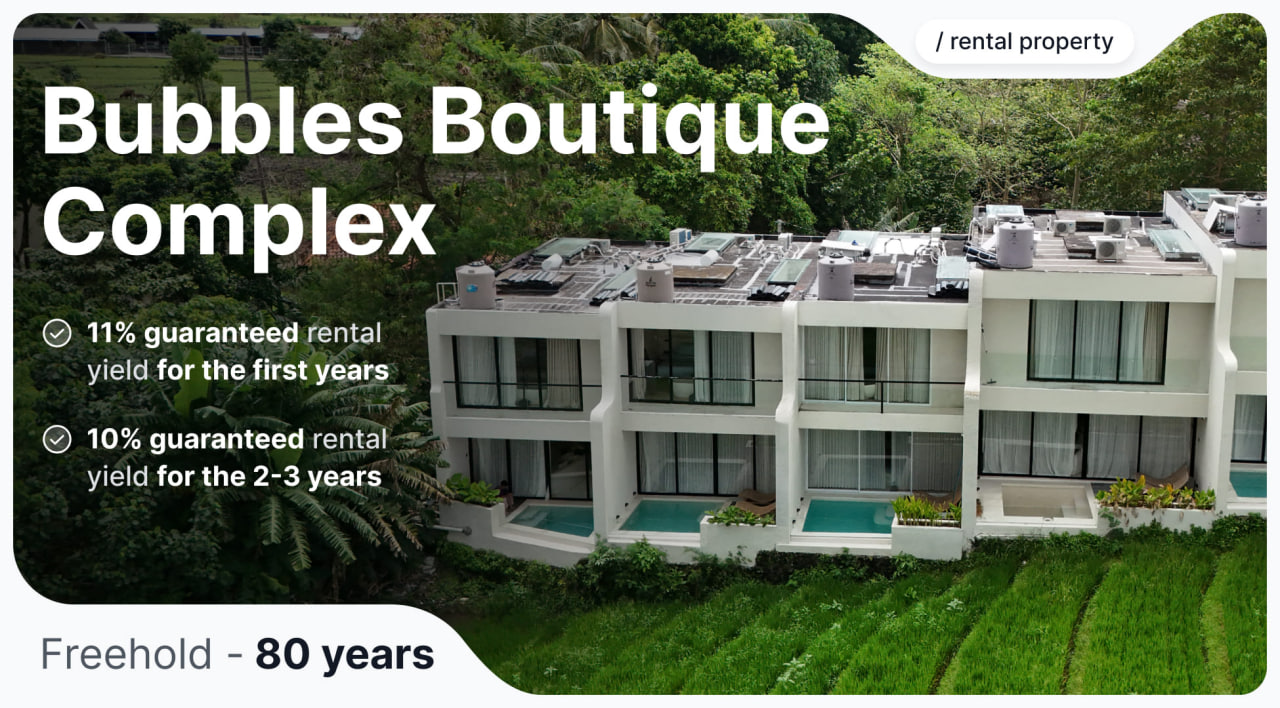
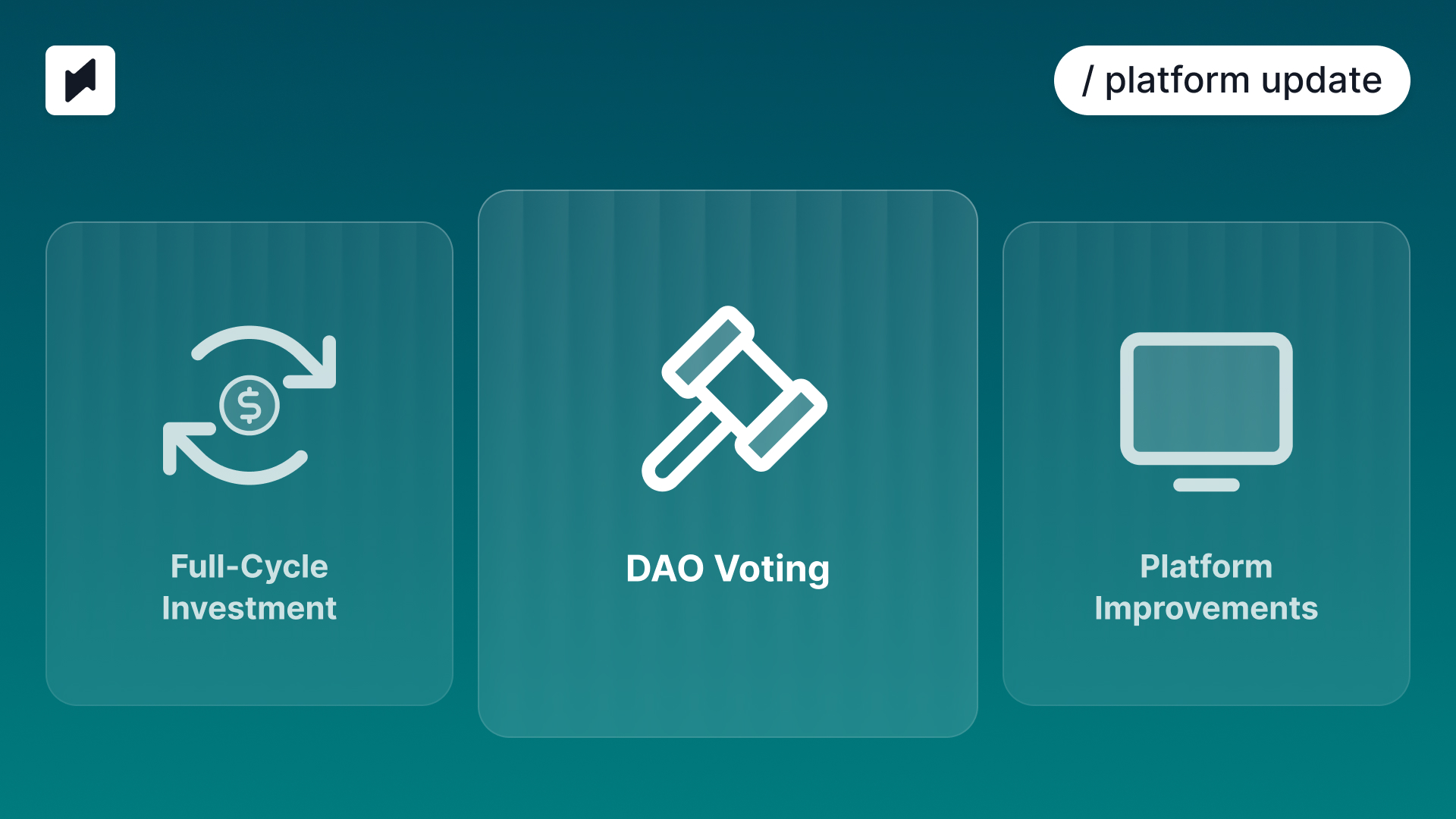
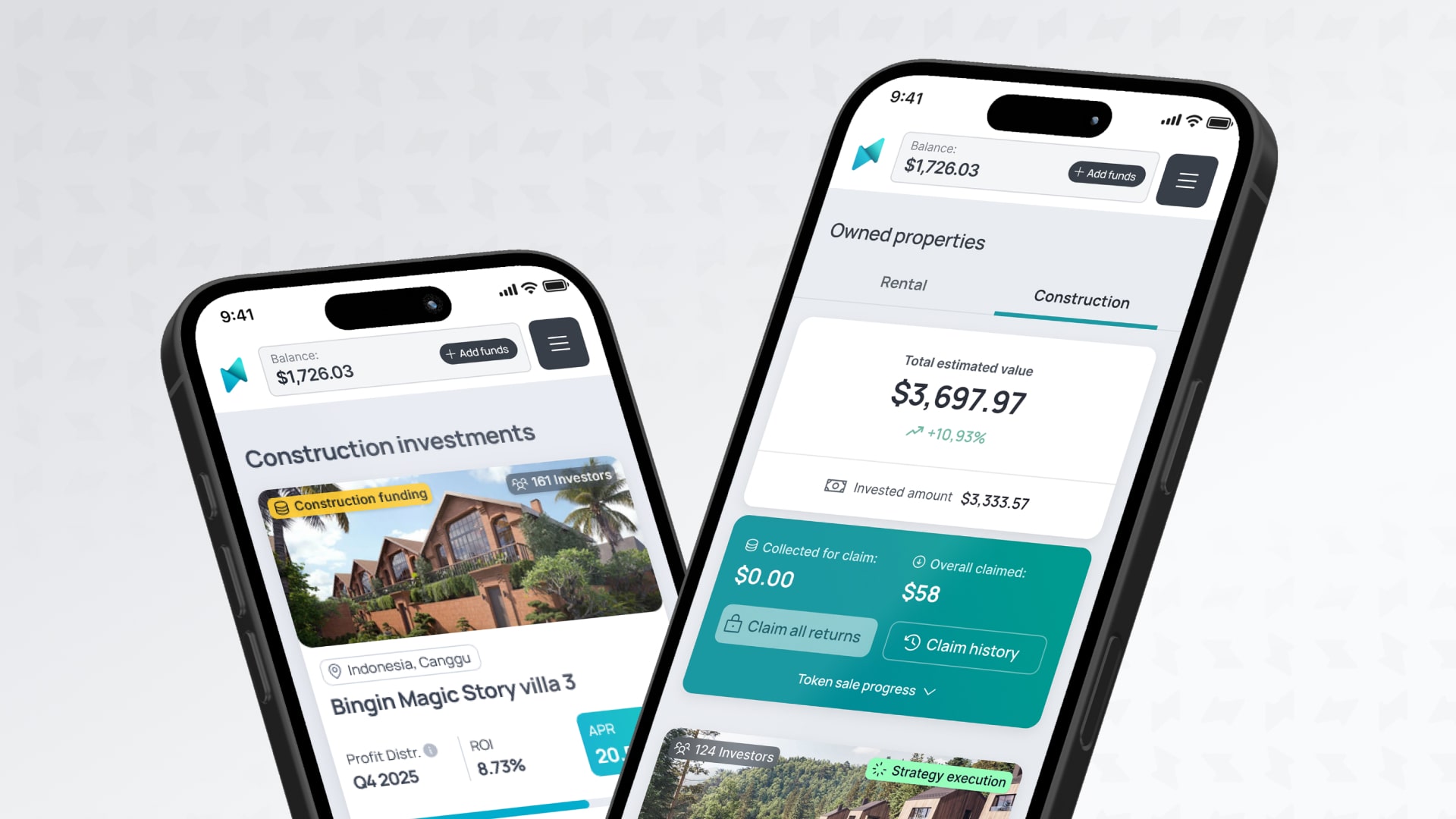
-min.jpg)
